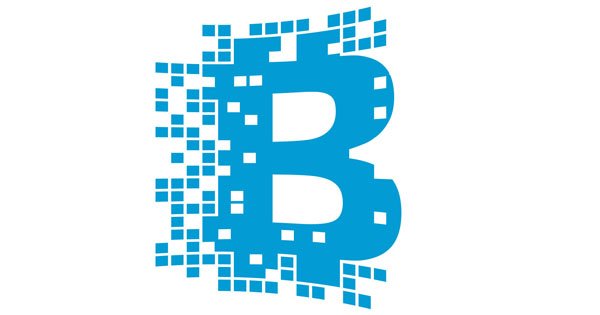“At its core, bitcoin is a smart currency, designed by very forward-thinking engineers. It eliminates the need for banks, gets rid of credit card fees, currency exchange fees, money transfer fees, and reduces the need for lawyers in transitions… all good things.”
– Peter Diamandis
Welcome back to the @blockchainblog on Steemit! ⚡


Here is a list of blockchain jargon every one should know:
Address: A bitcoin address consists of a string of numbers, lower and upper case letters. It should start with a "1". Just like you send email to email addresses, you can send bitcoin (or BTC) to BTC addresses. How convenient right? (Bye bye banks?)
BIP: Bitcoin Improvement Proposals is a set of proposals that members of the community have submitted to improve the bitcoin framework.
Bitcoin: The name of a cryptocurrency created by Satoshi Nakamoto, currently holding the biggest market cap of all cryptocurrencies at about $41 billion (of the total $96 billion market cap for all cryptocurrencies).

Block: A group of transactions, marked with a time signature, and a fingerprint of the previous block on the blockchain.
Blockchain: A list of validated blocks registered on a worldwide distributed ledger, each linked to its predecessor all the way to the genesis block.
Confirmations: Once a transaction is included in a block, it has one confirmation. As soon as another block is mined on the same blockchain, the transaction has two confirmations, and so on. Six or more confirmations is considered sufficient proof that a transaction has actually occurred.
Difficulty: A network-wide setting that controls how much computation is required to produce a proof of work.

Difficulty Target: A difficulty at which all computation in the network will find block approximately every 10 minutes.
Difficulty Re-targeting: A network-wide recalculation of the difficulty that occurs once every 2,106 blocks and considers the hashing power of the previous 2,106 blocks.
Fees: The sender of a transaction often includes a fee to the network for processing the requested transaction. Most transactions require a minimum fee of 0.5 mBTC (or satoshis).
Hash: A digital fingerprint of a binary input.
Genesis block: The first block on the blockchain, used to initialize the cryptocurrency.
Miner: A network node that finds valid proof of work for new blocks, by repeated hashing. Miners are the servers that keep it all running.

Network: A peer-to-peer network that propagates transactions and blocks to every bitcoin node on the network.
Proof of Work (or POW): A piece of data that requires significant computation to find. In bitcoin, miners must find a numeric solution to the SHA256 algorithm that meets a network-wide difficulty target.
Reward: An amount included in each new block as a reward by the network to the miner who found the POW solution. It is currently at 12 BTC per block. It is expected to decrease to 6 BTC on June 20th 2020.
Satoshi Nakamoto: Anonymous creator of Bitcoin framework. Could be a Japanese Cyberpunk or a group of intelligent coders, or the US government or... no body knows who Satoshi is.

Secret Key (or Private Key): The secret number that unlocks BTC sent to the corresponding address. A secret key looks like an address.
Transaction: A transfer of coins from one address to another. More precisely, a signed data structure expressing a transfer of value. Transactions are transmitted over the bitcoin network, collected by miners, and included into blocks, made permanent on the blockchain.
Wallet: Software or hardware that holds all your bitcoin addresses and secret keys. Use it to send, receive and store your coins.
(Y)
Thanks for sharing! Im a NOOB.. this definitely helps understand whats going on in the blockchain..
nice post as always 👍
Thanks for the support @djmalith! Glad youre here with us!
Stellar post! Always good to remember the basics.
Hi! I am a robot. I just upvoted you! I found similar content that readers might be interested in:
http://chimera.labs.oreilly.com/books/1234000001802/pr02.html
Steemin